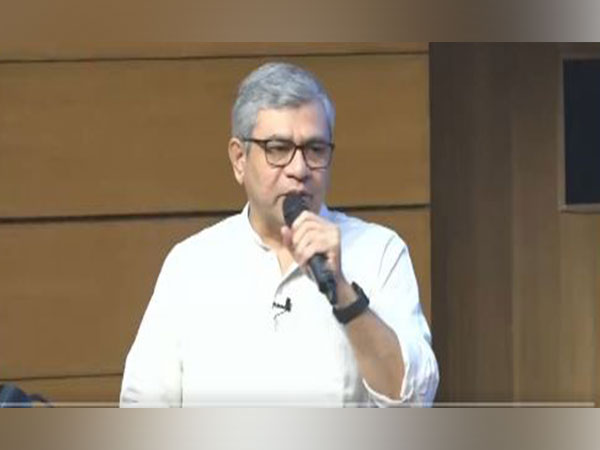India's Ambitious Venus Orbiter Mission Receives Cabinet Approval
The Union Cabinet, led by Prime Minister Narendra Modi, has given the green light to the Venus Orbiter Mission—an initiative to explore and study Venus. Slated for March 2028, the mission aims to deepen understanding of the planet's environment and offers significant scientific and economic benefits.

- Country:
- India
The Union Cabinet, chaired by Prime Minister Narendra Modi, has officially approved the development of the Venus Orbiter Mission (VOM). This marks a monumental step towards the government's vision of exploring Venus and extending India's space missions beyond the Moon and Mars. According to an official release, Venus, the planet closest to Earth and believed to have formed in conditions similar to our own, provides a unique opportunity to study how planetary environments can evolve differently.
The Venus Orbiter Mission, to be executed by the Department of Space, will place a scientific spacecraft in Venus's orbit to better understand the planet's surface, subsurface, and atmospheric processes, as well as the influence of the Sun on its atmosphere. The study aims to uncover the transformation causes of Venus, which was once similar to Earth and potentially habitable, providing invaluable insights into the evolution of both planets. The mission's spacecraft and its launch will be developed by the Indian Space Research Organisation (ISRO), with data disseminated to the scientific community through existing mechanisms.
Set for a window of opportunity in March 2028, the mission aims to answer numerous scientific questions and produce various outcomes. The total budget for the VOM is Rs 1236 crore, of which Rs 824 crore will be spent on the spacecraft. This budget covers the development, payloads, ground station support, navigation, and launch costs. The project will also create significant employment opportunities and technology spin-offs across different sectors of the economy.
The mission will position India for future planetary missions with larger payloads and optimal orbit insertion approaches. It will also involve significant contributions from Indian industry in developing the spacecraft and launch vehicle. Numerous academic institutions will participate in pre-launch activities like design, development, and testing, offering training opportunities for students. The mission's unique instruments will provide new, valuable scientific data for the Indian scientific community, opening up novel research opportunities.
(With inputs from agencies.)
ALSO READ
India's Space Milestone: ISRO's Successful PSLV-C60 Launch
ISRO's PSLV-C60 Rocket Launch Sets New Milestone with SpaDeX Experiment
ISRO's Space Docking Milestone: A Leap Towards Lunar Exploration
India Achieves Milestone with ISRO’s SPADEX Mission; Paves Way for Future Space Exploration and Technology
ISRO's Spadex Docking Mission Postponed to January 9, 2025










